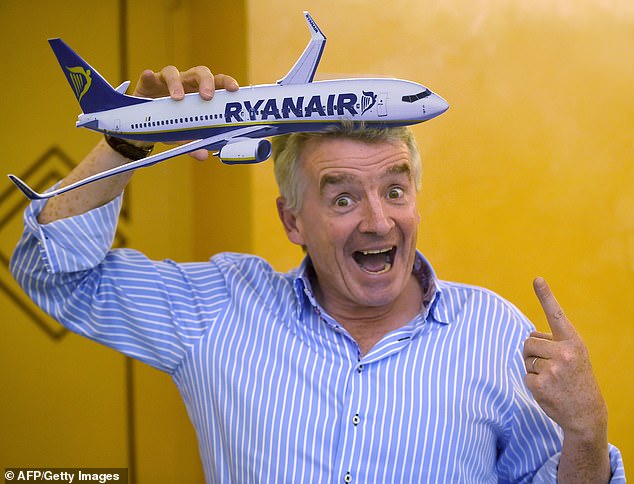Exploring the Impact of Michael O’Leary on Ryanair

Introduction to Michael O’Leary
Michael O’Leary has become a prominent figure in the aviation industry, having served as the CEO of Ryanair since 1994. His vision and strategies have transformed Ryanair into one of the largest low-cost carriers in Europe. O’Leary’s approach to business has created significant debate over the airline’s operations, customer service, and its approach to environmental concerns.
Transformational Leadership at Ryanair
Under O’Leary’s leadership, Ryanair revolutionised air travel, making it accessible to millions. With a focus on reducing operational costs and increasing efficiency, O’Leary introduced various initiatives, such as unbundling services and charging for extras to keep ticket prices low. As a result, Ryanair has consistently shown robust profit growth, even in challenging economic times.
Ryanair’s fleet has expanded to over 450 aircraft, and it serves more than 200 destinations across Europe. The airline’s business model has encouraged competition among major carriers, leading to lower fares overall in the industry.
Recent Developments and Controversies
In recent news, O’Leary has faced criticism for the airline’s handling of customer service issues, especially amid flight cancellations and delays due to the aftermath of the COVID-19 pandemic. O’Leary himself has been vocal about his viewpoints, often using humour to address critics while maintaining a firm stance on the airline’s operational strategies.
Moreover, O’Leary has begun focusing on sustainability, with a commitment to achieving net-zero carbon emissions by 2050. This shift aligns with the growing demand for environmentally-friendly travel options, and it represents a tactical response to both customer expectations and regulatory pressures within the aviation sector.
Future of Ryanair Under O’Leary
Looking forward, O’Leary seems poised to continue his trend of innovation at Ryanair. With plans for further expansion and investment in newer, more fuel-efficient aircraft, the airline aims to recover fully in the post-pandemic travel environment. Additionally, as competition in the low-cost sector increases, O’Leary’s ability to adapt will be crucial for maintaining Ryanair’s market position.
Conclusion
Michael O’Leary’s influence on Ryanair and the aviation industry at large cannot be overstated. His leadership has reshaped the way people travel, making air travel more accessible than ever. As Ryanair continues to evolve, O’Leary’s strategies and decisions will play a significant role in determining the future trajectory of both the airline and the wider industry.









